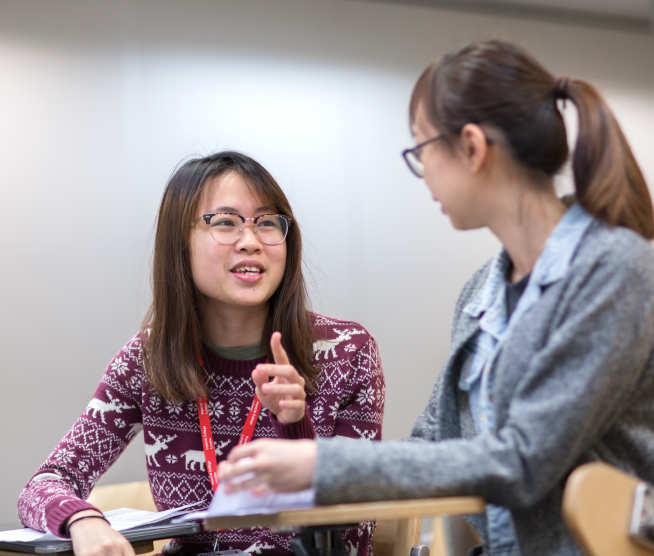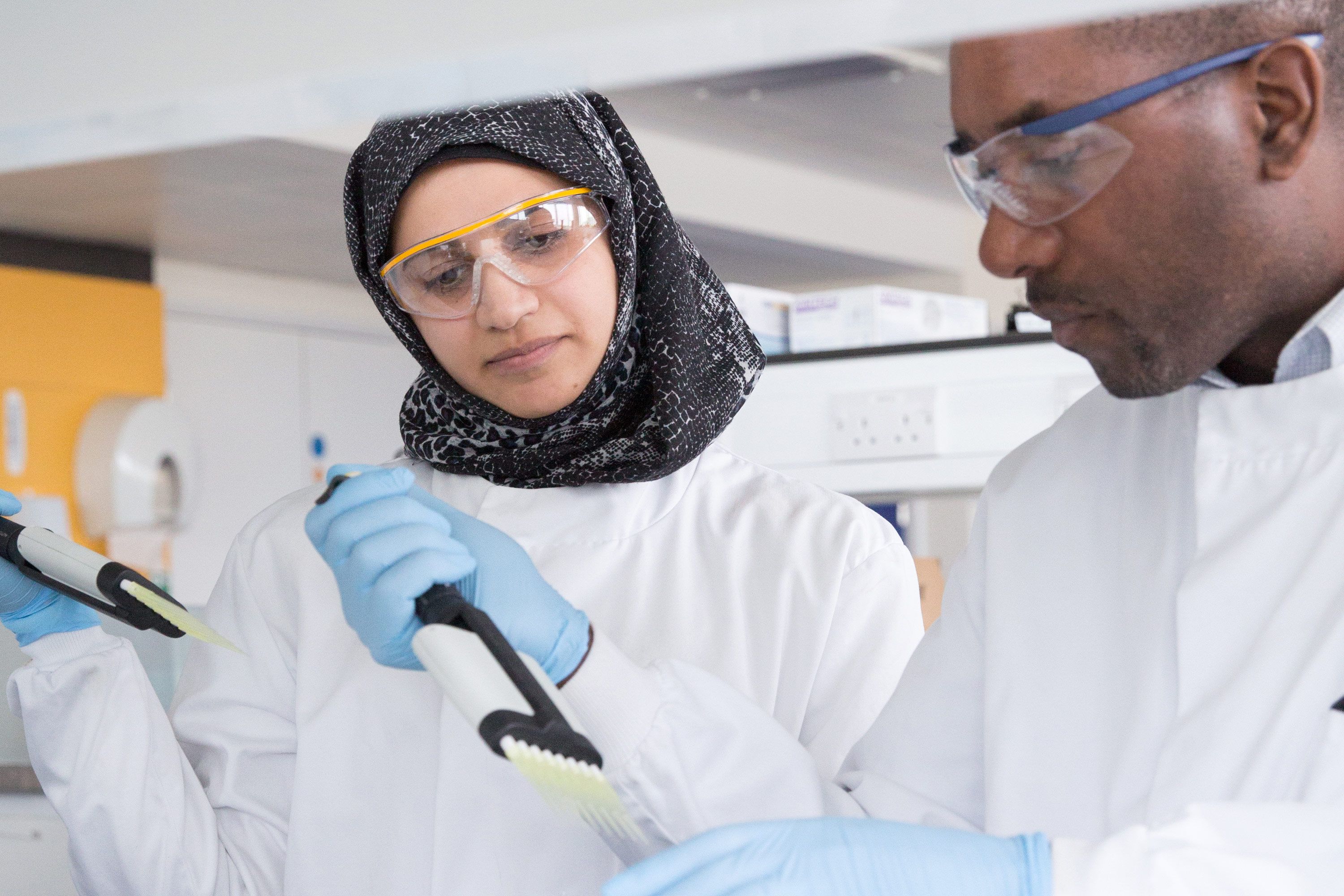 “It’s quite a culture shock coming to university,” says Dr Steve Connolly. “A-levels follow a set curriculum and are taught by one teacher per subject. University is completely different - one expert teaches about their area, the next person teaches theirs, and so on. Added to this, students may be moving away from home for the first time and losing their family support. The transition can be disconcerting and that can hamper learning.”
“It’s quite a culture shock coming to university,” says Dr Steve Connolly. “A-levels follow a set curriculum and are taught by one teacher per subject. University is completely different - one expert teaches about their area, the next person teaches theirs, and so on. Added to this, students may be moving away from home for the first time and losing their family support. The transition can be disconcerting and that can hamper learning.”
The Department of Life Sciences, where Dr Connolly is based, recognises this as an issue for new students. “The solution is to help students to become independent learners and we are aiming to do this with peer support,” he says.
Programmes based on peer learning were first tried in the 1970s and have grown in popularity. “Peer learning can mean students helping students to learn course content – in other words explaining stuff – but perhaps more useful is to get students to help others with study skills – making them better learners.” The advantage of peer learning is that by sharing their study skills with one another, all students can become more independent learners.
Student comments
In feedback, students have commented that they like the opportunity of working with other students. They value ‘asking questions that you are unable to ask your lecturers’ and ‘getting advice from students who have experienced what we are going through as first years’.
Dr Connolly continues: “When you consider that only a proportion of graduates go on to a PhD, and only three per cent of PhD students will go on to become lecturers, then only a half of per cent will become professors, you can see that there’s a gulf between first year students and their lecturers.
“On the other hand, students in their second or third year have only recently grappled with the same concepts. They know the difficulties and misconceptions. They are closer in time and space to first years.”
Dr Connolly has now set up a peer-assisted study skills workshops for first year biology and biochemistry students. He recruited ‘peer leaders’ by emailing all second and third years and looking for those with an interest in mentoring, as well as also good academic profiles.
“The peer leaders are not there to give students all the answers, they’re there to facilitate a group learning experience by asking questions and fostering engagement. That can be a challenge because learners want answers.”
Now the scheme has been running for two years. “Not every student will join and some will try it out and decide it’s not for them, but there are usually eight groups meeting regularly.
“They begin by identifying what the students want out of the sessions. This might be how to write essays, how to revise or prepare for exams, or how to improve their programming skills. I brief the leaders at the start but then I leave it to them. I’m only there to facilitate best practice and do behind the scenes admin.”

Inevitably, each student has their own strengths and weaknesses and no lecturer can possibly address each one individually. But with peer learning, this diversity becomes an advantage - where one student is weak they get help, and in turn use their strength to help someone else.
“It’s still early days for the programme but when peer learning has been tried elsewhere it has had an impact on grades, so I’m optimistic.”
Feedback from students has been overwhelmingly positive: “They say they benefit from knowing what to expect, from getting a wider angle.” And peer leaders say that they are also learning because they are revising course content and gaining leadership skills.
“Both students and leaders say they feel more valued by the department, added to which the different year groups are more connected. That’s a very positive sign because it suggests that by bringing students together we are creating a sum that is greater than its parts.”
Sign Up
If you are interested in receiving the Learning and Teaching Newsletter, please email ltstrategy@ic.ac.uk.
You can also view the issue archive online.

